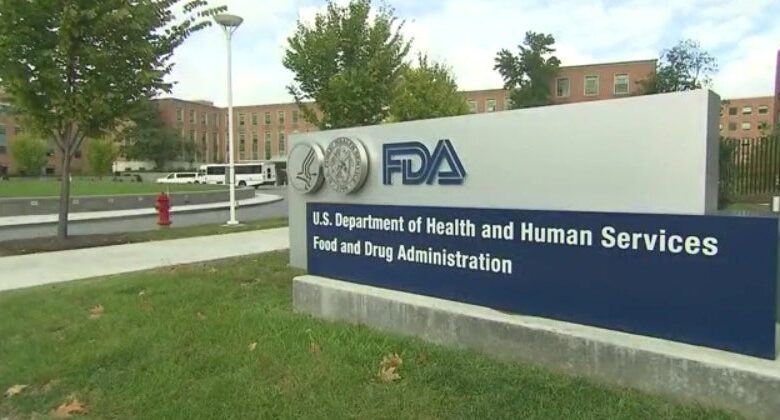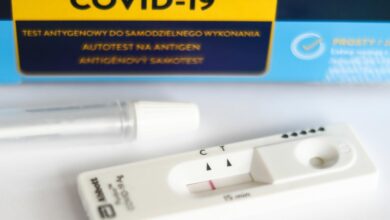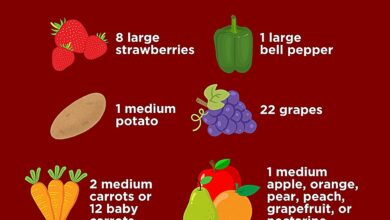FDA making plans to end its routine food safety inspections, sources say

The Food and Drug Administration is considering a major shift in its approach to food safety inspections, with plans to delegate most routine inspections to state and local authorities. While these plans are still in the works and may require congressional action for full funding, multiple federal health officials have confirmed this potential change.
According to FDA spokesperson, the claim that routine food safety inspections are being suspended is false. The agency is actively working to ensure the continuity of operations during this reorganization period and remains committed to critical programs and inspections. The FDA has been exploring the possibility of outsourcing routine food inspections to states for some time, with the aim of freeing up resources to focus on higher priority and foreign inspections. Currently, the FDA already outsources some routine food inspections to 43 states and Puerto Rico.
It is important to note that the FDA is ultimately responsible for the safety of a significant portion of the U.S. food supply, including packaged products, seafood, eggs, and produce that are distributed across state lines. While some higher-risk routine food inspections would remain under FDA jurisdiction, states would likely take on lower-risk inspections. However, states without contracts with the FDA for food inspections, such as Hawaii and Delaware, may face uncertainty in this potential shift.
Advocates for outsourcing routine food inspections to states argue that states can often conduct inspections at a lower cost while maintaining the same standards as the FDA. This model is similar to the Grade A Milk Safety Program, where states fund the majority of oversight work and have agreements with the FDA to standardize regulation. The Association of Food and Drug Officials has highlighted the success of state inspections in terms of quality and cost-effectiveness.
Transitioning routine food inspections to states could also help alleviate backlogs in overseas inspections and other markets, such as medical products. While there are concerns about the impact of such a transition on food safety detection and prevention, proponents believe that with proper resources and planning, this shift could lead to better food safety outcomes.
In conclusion, the FDA’s potential move to outsource routine food inspections to states is a significant shift in its approach to food safety oversight. While there are concerns about the impact on foodborne illness detection and prevention, supporters believe that this transition could ultimately lead to improved food safety outcomes. The FDA is currently working on finalizing these plans and may require congressional action for full implementation.





